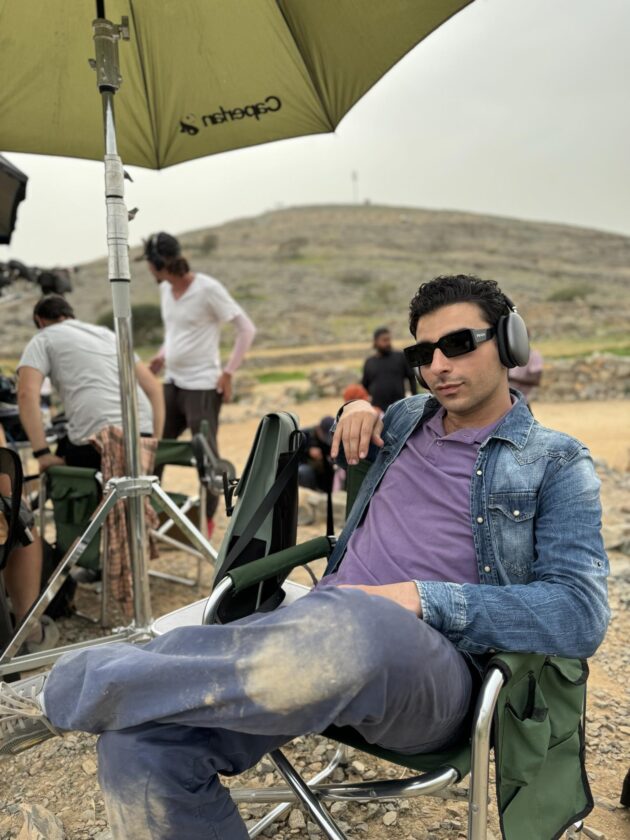A new documentary by Tunisian director and activist Souheil Bayoudh titled “Open Church”, on the current debate over religious freedom and conscience, is set to debut in coming days throughout Europe and the US at film festivals and film forums.
Bayoudh is no stranger to sensitive topics for Tunisian society, such as torture, cannabis use, and irregular emigration, and in this documentary he tackles the truly taboo subject of religious freedom in Tunisia.
The approximately 30-minute film depicts stories told by Muslim Tunisians who converted to Christianity.
The 2014 Tunisian Constitution ensures “freedom of religion and conscience” but still sanctions the state as the “guarantor and guardian of religion”.
Bayoudh told ANSA the documentary is the first of a series on the theme of religious plurality.
He said his second work will instead be focused on the persecution of Jews in Tunisia as well as their history and relationship with Muslims.
He said the documentary will open social and political debate in Tunisia and abroad, because “it highlights some of the problems caused by the ‘Modus Vivendi’ agreement that was signed with the Vatican by then-president Bourguiba in 1964 that strictly limits the activities of the Catholic Church in Tunisia, a fact that has brought, over time, ‘secret’ churches and sects that operate in the underground”.
“Therefore, I think it’s currently necessary to modify the ‘Modus Vivendi’, which is a tool that I judge to be, by now, outdated, and unconstitutional because it de facto limits the exercise of religious freedom,” Bayoudh said.
“Rather, we need to expand recognition of the powers vested in the Catholic Church, also in order to stop the proliferation of unknown churches and secret sects that may be dangerous,” he said.
ANSAmed





Comments are closed.